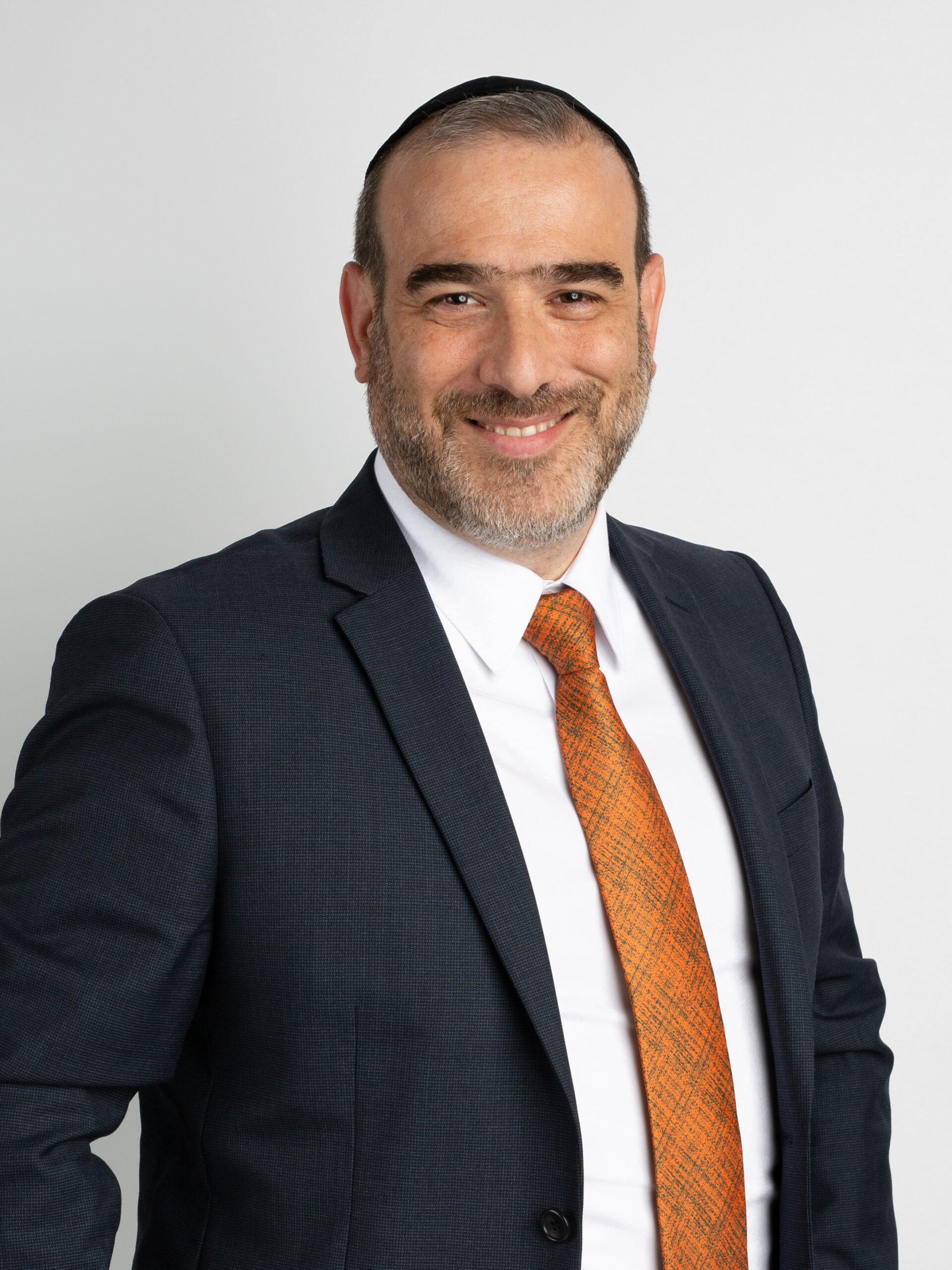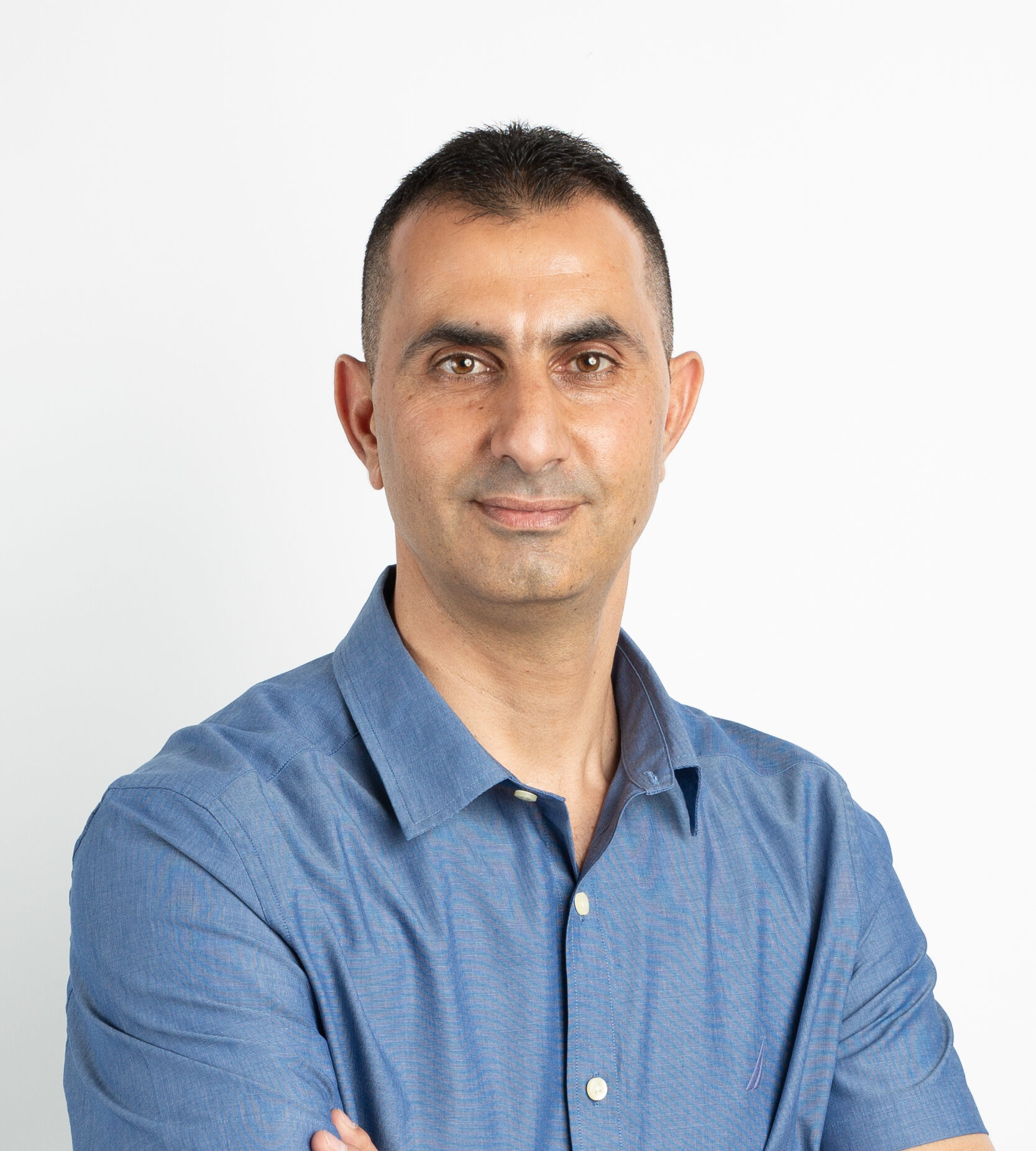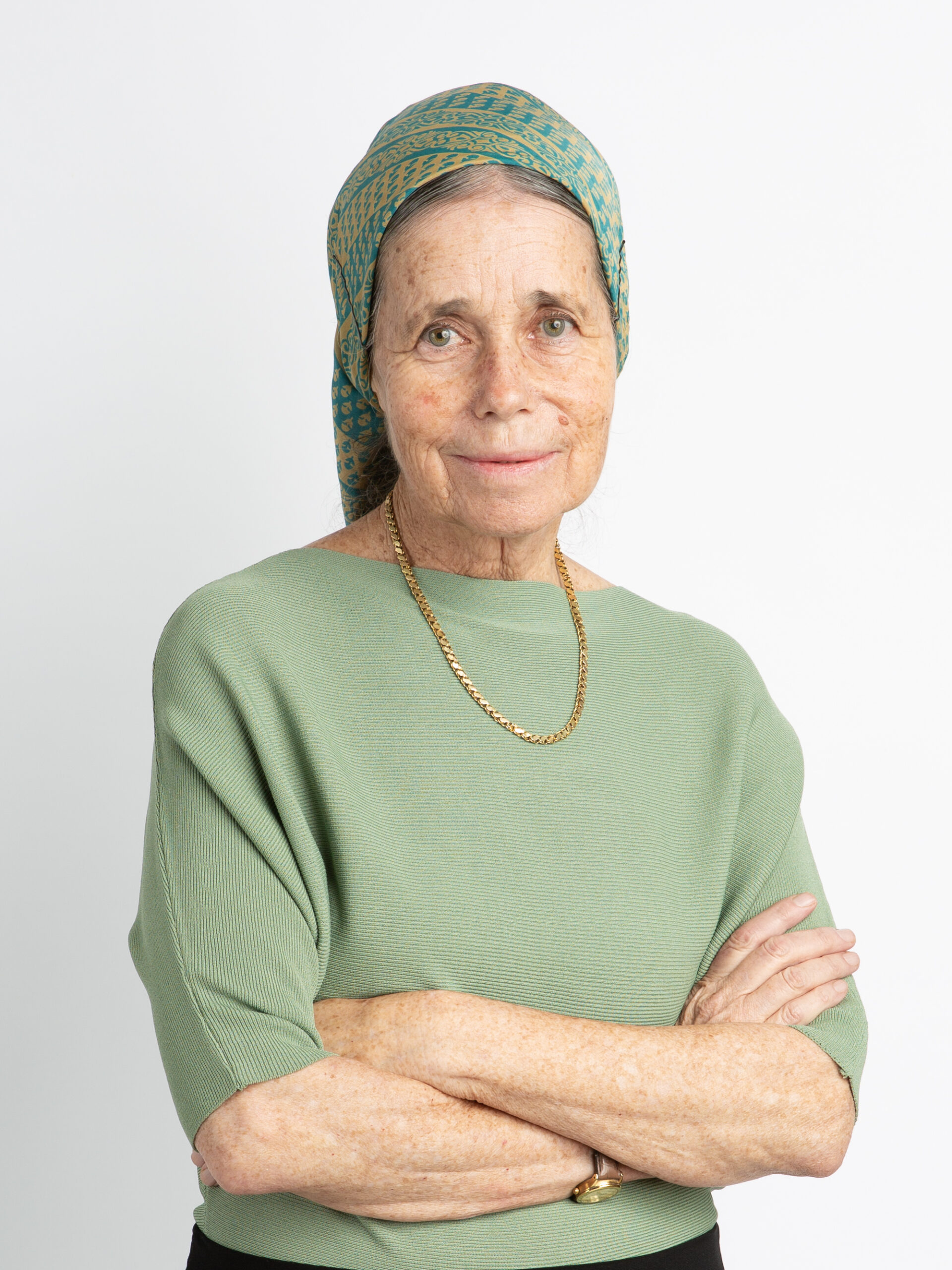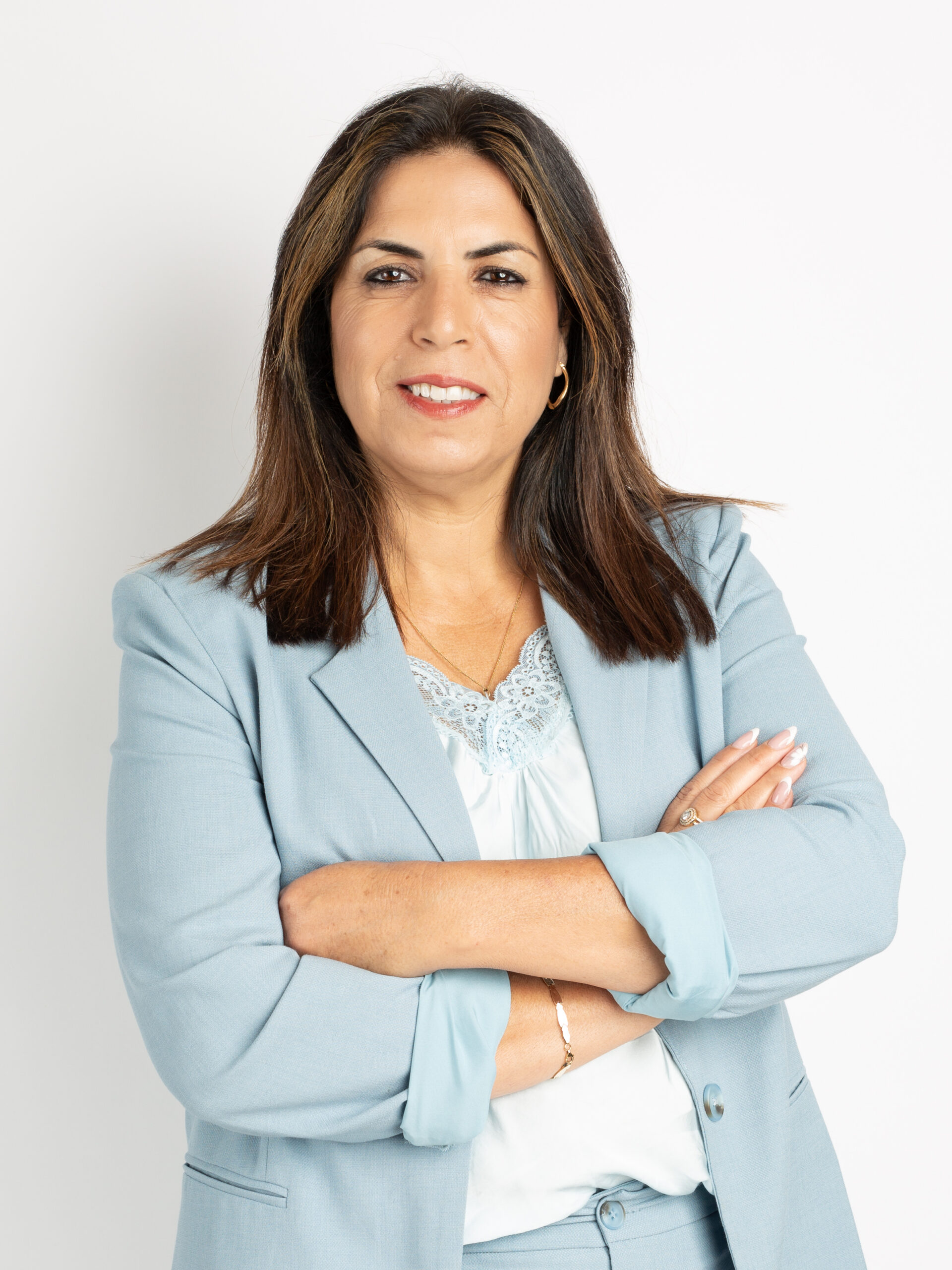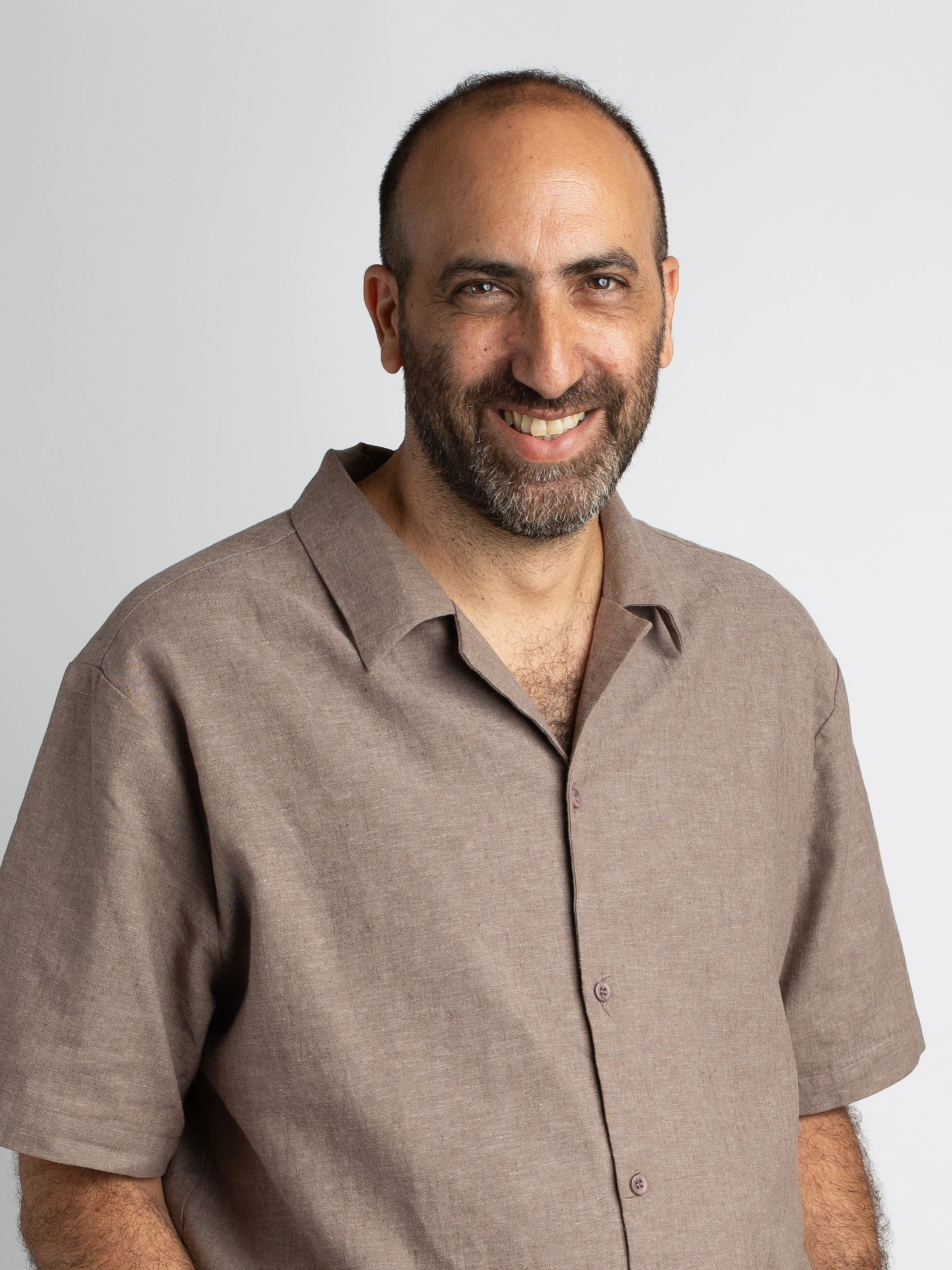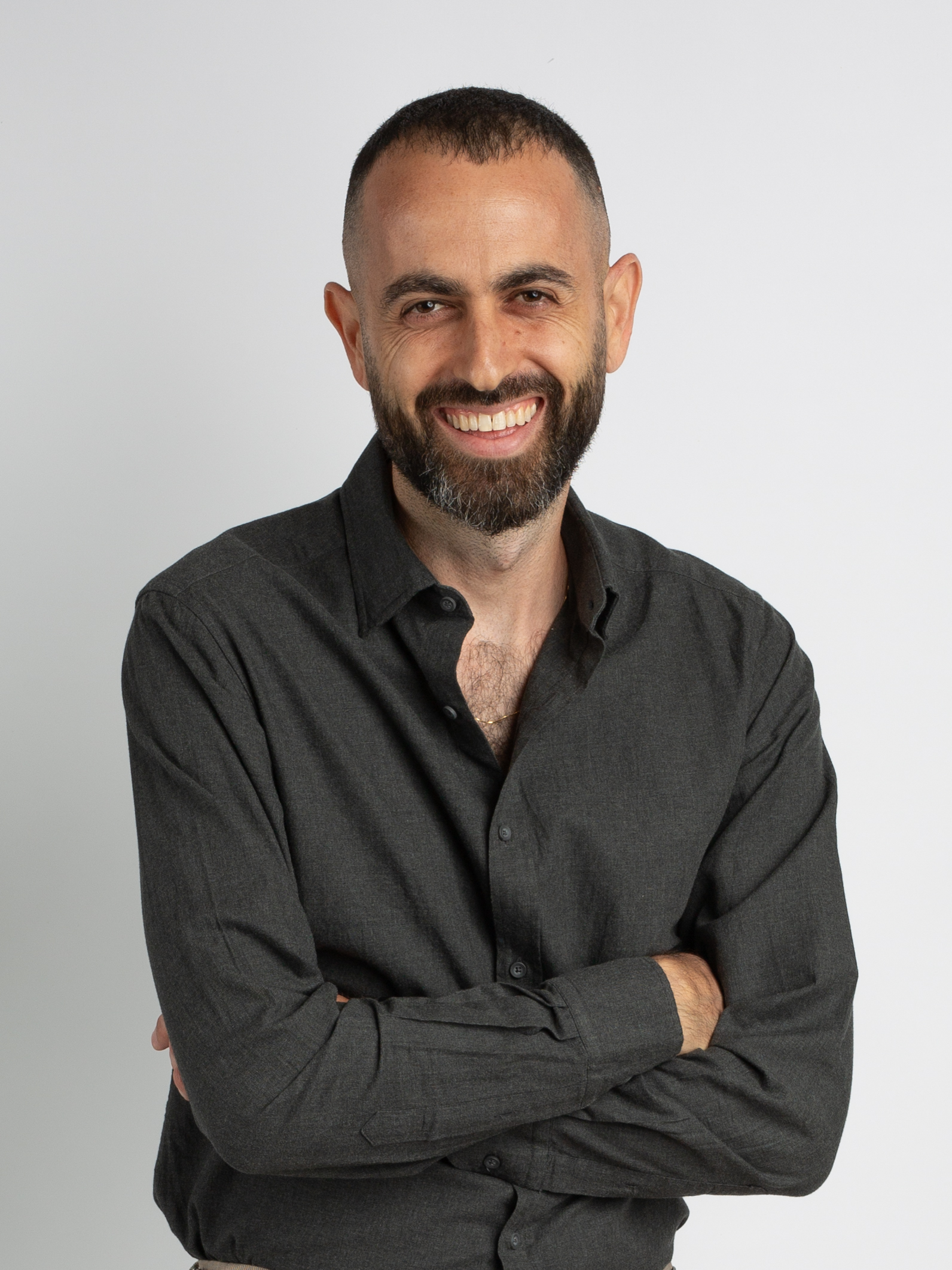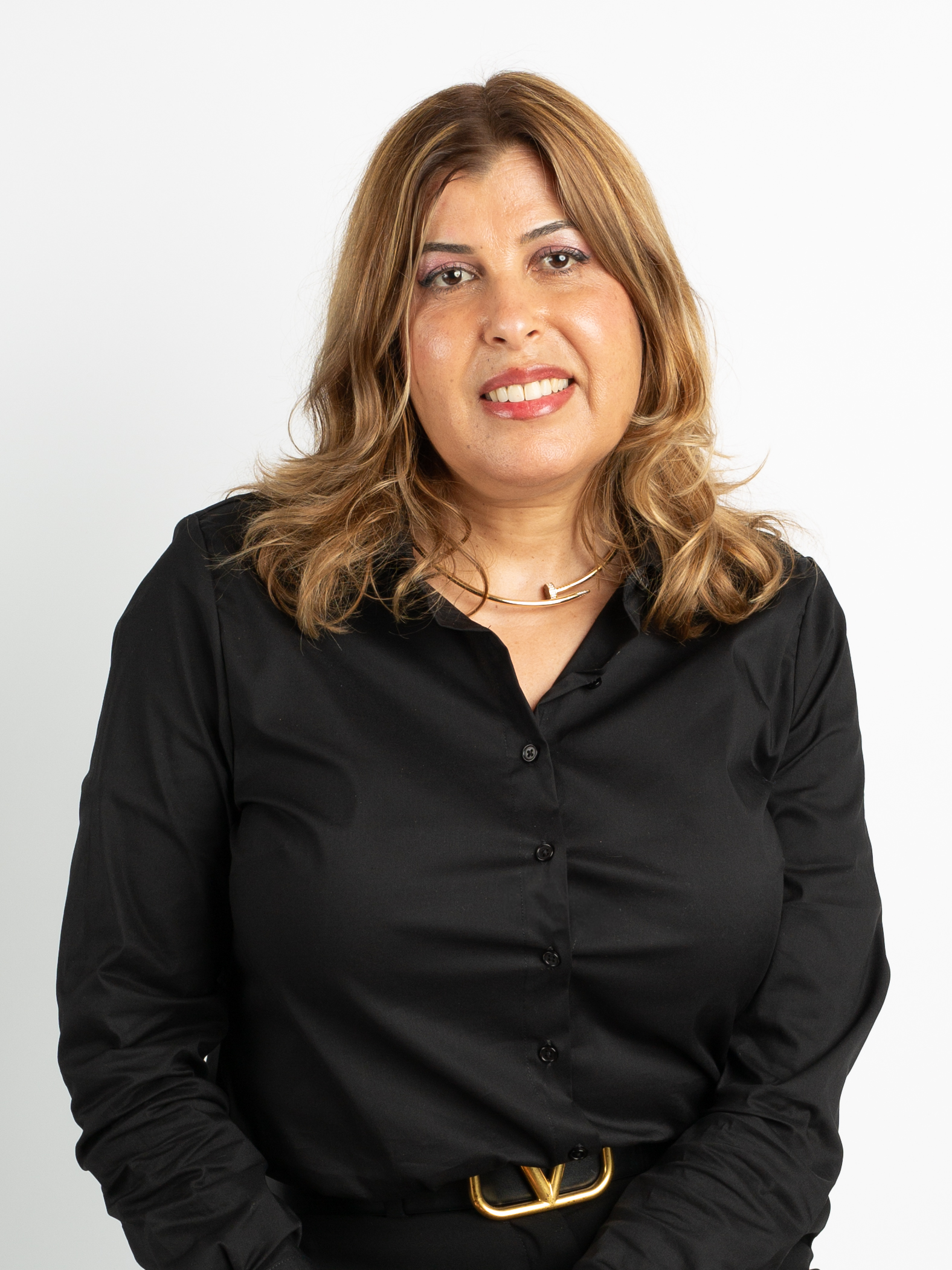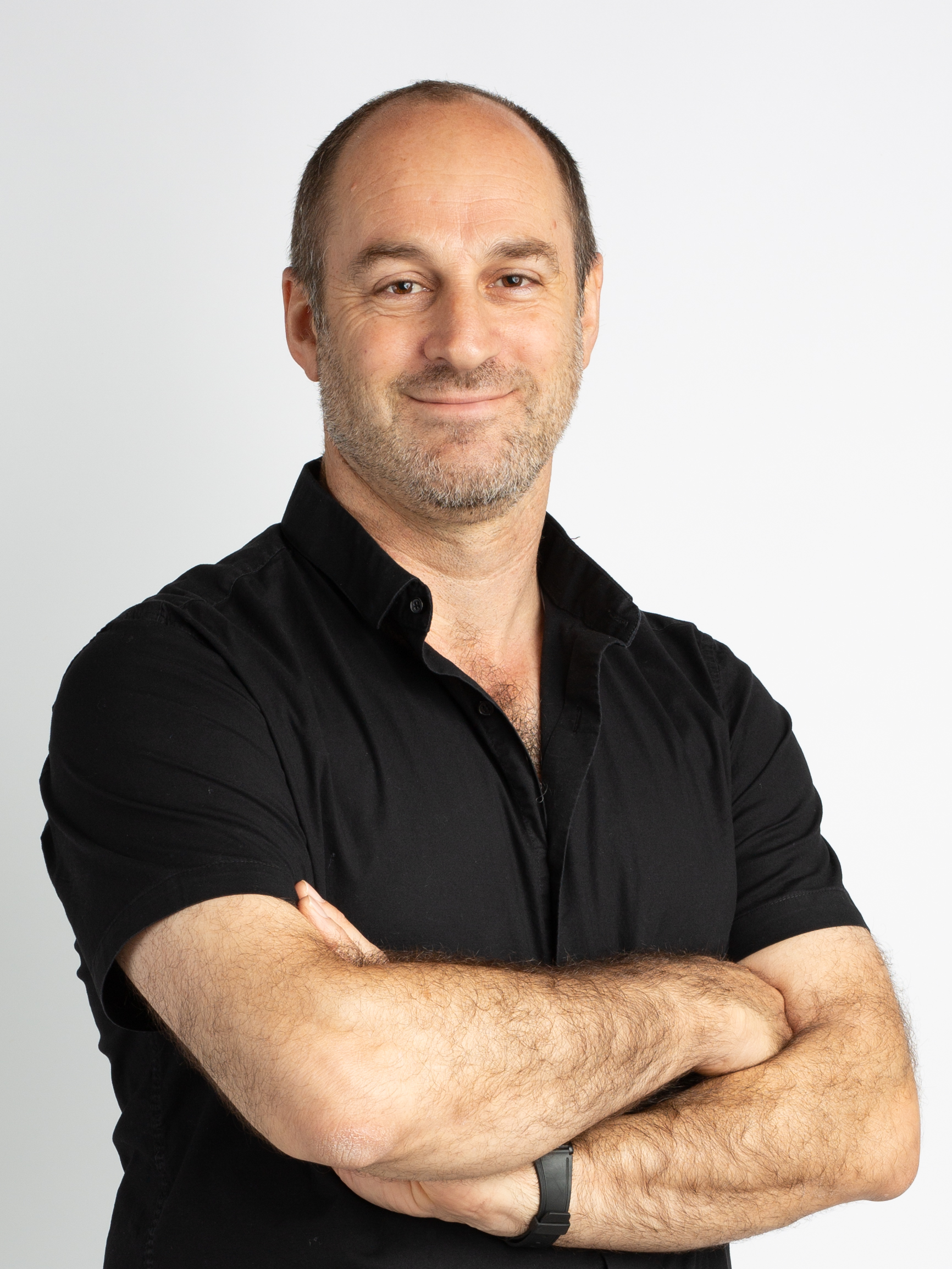

Who Can Apply?
The Rothschild Prize in Education for the 2025-2026 academic year will be awarded to head teachers who have led significant school-wide change that promotes equal opportunity, reduces disparities, and addresses student diversity both within and outside the classroom. The prize will recognize efforts that reflect a coherent and actionable pedagogical vision, in-depth professional development of the educational staff, the cultivation of an inclusive school climate that fosters a sense of belonging, and data-driven management, including a differential allocation of resources to benefit students from diverse backgrounds.





